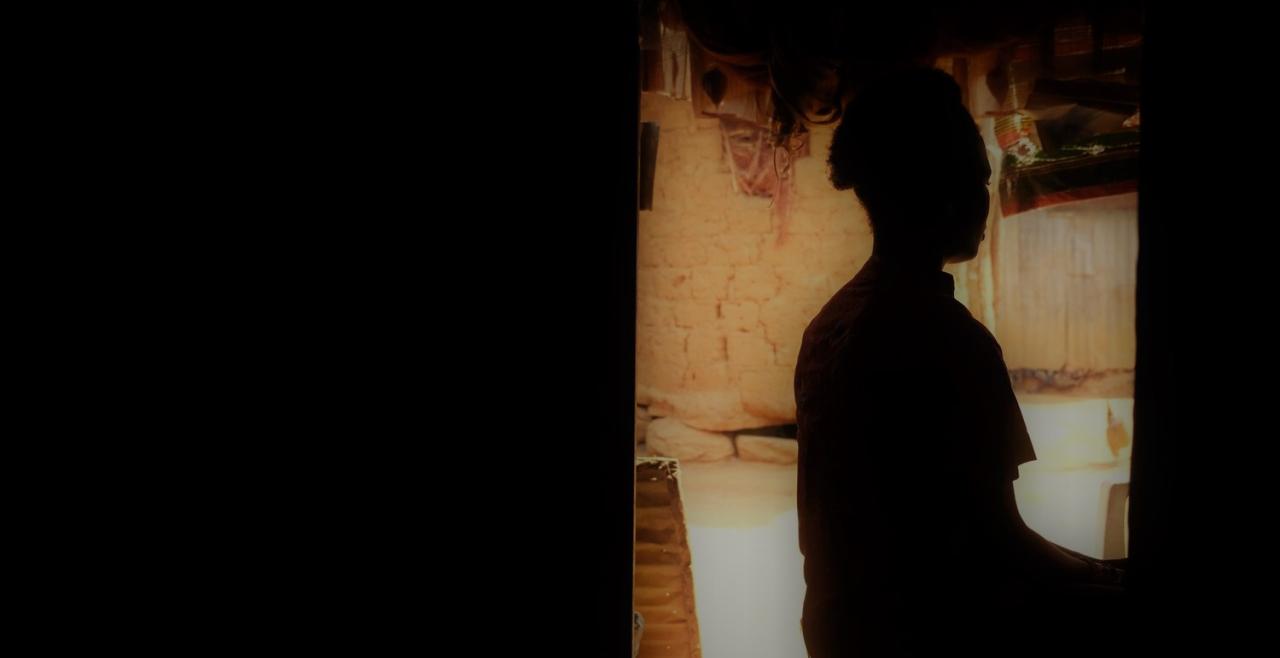How citizen advocates are ending child bride customs for good

CROSS RIVER, Nigeria - Chief Egu*, 65, comes from the Belegatte community in Cross River, Nigeria. Like many men in his community, his marriage came about through the ‘money-woman’ custom — a practice in which a girl is betrothed to a man who spends money on her family or in order to settle a family debt.
In Chief Egu’s case, he had loaned money to a man from a neighbouring community who needed it for his sick brother. When Chief Egu asked to be repaid, he was offered the sick man’s daughter, Ann*, instead. He agreed to marry Ann, who was just 13 at the time, in exchange for the ₦35,000 (around $92) owed to him. Several days later, Ann was sent to her new home in Belegatte community.
Their seven-year marriage produced two children and Ann never had the opportunity to return to school. Instead, she joined her husband in farming and helped care for the family.
“It was not a happy marriage,” says Chief Egu. “Ann was too young and she was married off against her will. She was unhappy for most of the marriage.”
“It was not a happy marriage... Ann was too young and she was married off against her will." - Chief Egu, 65
Changing norms, one community at a time
According to UNICEF, an estimated 44 per cent of girls in Nigeria are married before their 18th birthday. The country has the 11th highest rate of child marriage in the world. In Belegatte and several other communities in the area, the ‘money-woman’ tradition is common.
“The tradition is not strange to me, it started from our forefathers,” says Chief Egu. “My father, uncle, and brothers practised it too.” He adds that there are traditional and spiritual consequences for any family or girl that breaks the agreement.
Chief Egu’s marriage to Ann came to an end when, during a village council meeting, a co-chief who had attended Spotlight Initiative-supported meetings spoke about the impact of harmful practices in the community. The co-chief explained that the ‘money-woman’ tradition was a violation of a girl’s human rights and perpetuated poverty in the community by removing children from school. He was moved and made the decision to return Ann and their children to her family. Ann’s parents were initially reluctant, as they feared they would have to pay back the money. However, the chief agreed not to be repaid and Ann was able to rejoin her family.
"We must end this tradition that locks our families into generations of poverty.” - Chief Uchua Amos Uyumulam Itam and Chief Sunday Ichile
The road ahead
Across Nigeria, Spotlight Initiative supports gender sensitization sessions like the one the co-chief attended in an effort to turn community influencers into activists. In Cross River, many of these sessions are carried out by the African Centre for Leadership, Strategy & Development (Centre LSD), an NGO and think tank dedicated to sustainable development and citizen advocacy. In 2020, the organization reached more than 1000 people with targeted messages on ending violence against women and girls, according Centre LSD Programme Manager Vincent Dania. Many, like Chief Egu, continue to be reached indirectly through trained advocates in their community.
Last year, the Initiative also partnered with the Federal and State Ministry of Women Affairs and other organizations to hold a press conference on the ‘money-woman’ custom. At the conference, the Paramount Ruler of Obanliku local government Chief Uchua Amos Uyumulam Itam and clan head of Becheve community Chief Sunday Ichile denounced the custom and called for its abandonment. "We must end this tradition that locks our families into generations of poverty,” they said.
While the Child Rights Act sets the minimum age for marriage at 18, not every state in Nigeria has adopted it and those that have often struggle to implement the law. This makes the support of leaders like the chiefs critical to lasting and sustainable change.
While survivors like Ann have been able to return home, others remain trapped. The Council of Chiefs, a body of traditional leaders that govern communities in Nigeria, has now introduced fines for anyone in their communities found to be practising the custom. At the same time, education and sensitization sessions on the consequences of ‘money-woman’ and similar harmful practices are carried out within communities themselves. The COVID-19 pandemic has made action even more essential, with UNICEF estimating as many as 10 million more girls are at risk of child marriage worldwide as a result of the pandemic.
Ann, now 20, is happy to be back home and intends to return to school. Chief Egu has agreed to pay her school fees and to continue providing for their children.
By Judith Owoicho
*Name changed to protect identity.
